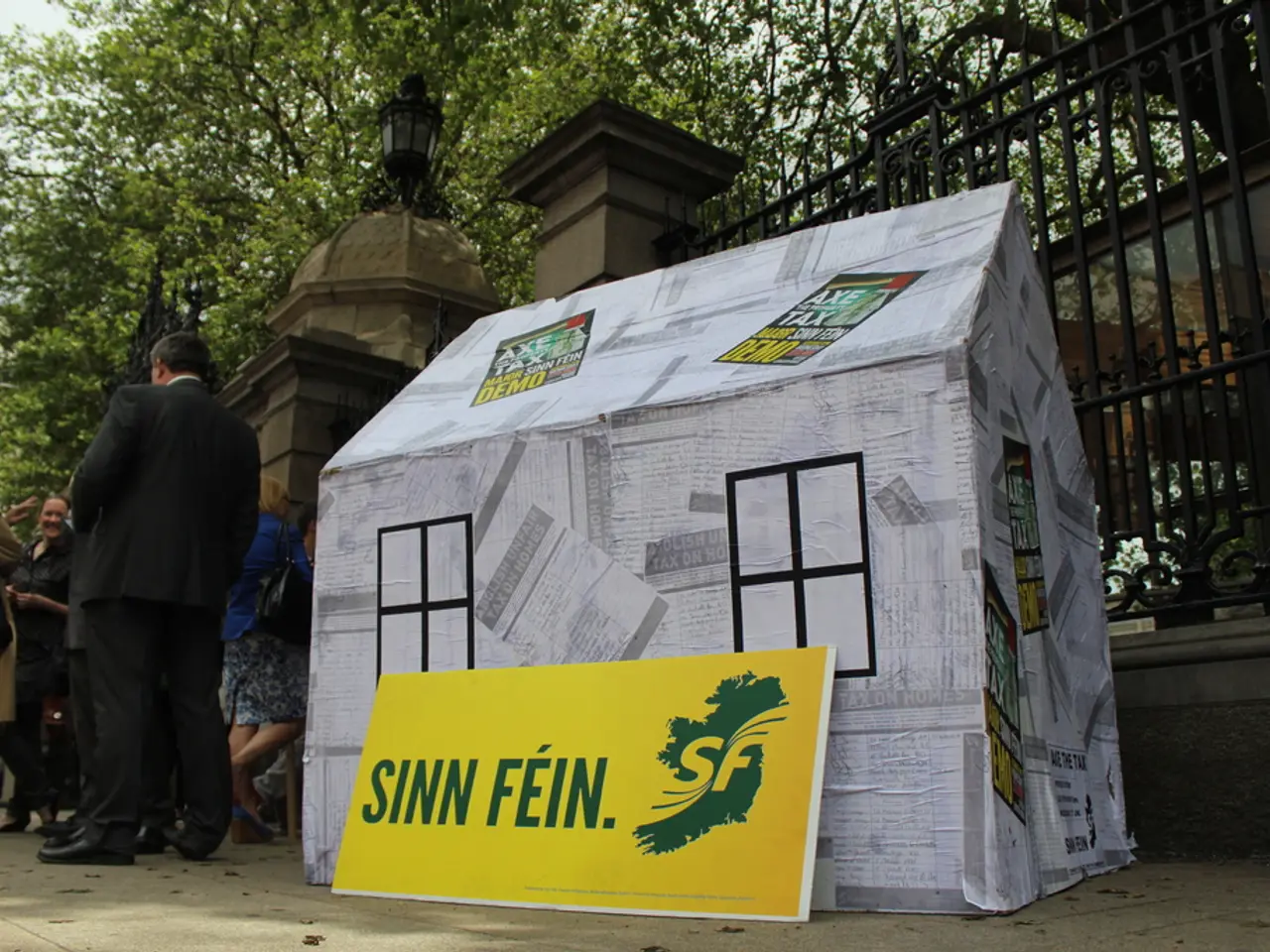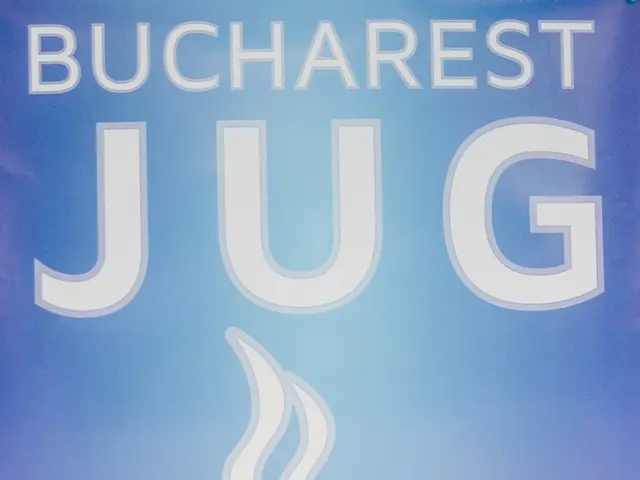Renting out spare rooms a challenge for homeowners due to burdensome landlord taxes
In the current economic climate, many homeowners in the UK are seeking creative solutions to manage their finances, and one such method is the Rent a Room Scheme. However, a stagnant tax-free threshold for this scheme has raised concerns among those looking to rent out a room.
The Rent a Room Scheme, which allows homeowners to earn up to £7,500 a year tax-free from renting out a room, has remained unchanged since the 2016-2017 tax year. This means that despite inflation and rising rental prices, the tax-free threshold of £7,500 per year remains the same for the 2025-2026 tax year.
Alex Hobbs, a manager in the construction industry, is one such individual who turned to renting out a spare room to help cover his mortgage expenses after the pandemic lockdown. However, with the freeze on the Rent a Room threshold, he found himself paying tax on rent over £625 a month, requiring him to hire an accountant and pay their fees.
Matt Hutchinson, a housing expert, suggests that if the threshold had risen in line with RPI inflation, it would now be £11,500. He believes that a higher threshold would mean more rooms coming onto the market, thus alleviating the pressure on the housing market.
The Government, however, maintains that the current threshold is set at an appropriate level, and a rise is not on the cards as of now. The freeze on the Rent a Room Scheme's tax-free threshold is putting off potential landlords, as they are deterred by the additional costs and complexities associated with taxation.
This lack of adjustment in line with inflation or rent increases means the scheme’s tax-free benefit has effectively diminished in real terms. The government has not provided an explicit reason for why the Rent a Room threshold has been held at this fixed nominal level, but it aligns with broader tax policy where many reliefs and thresholds have not been regularly indexed for inflation until planned future uprating.
The stagnant Rent a Room Scheme threshold is not only affecting current homeowners but also potential landlords. If just one in 20 of Britain's spare rooms were rented out to lodgers, it would add the equivalent of a city the size of Birmingham to the nation's housing stock. With the potential benefits this could bring, the question remains whether the Government will reconsider the Rent a Room Scheme's tax-free threshold in the future.
Sources: [1] HM Revenue & Customs - Rent a Room Scheme [2] SpareRoom - Average Rent Prices Across the UK
The Rent a Room Scheme, which offers homeowners a tax-free income up to £7,500 annually from renting out a room, has remained unchanged since 2016-2017, despite rising rental prices and inflation. This stagnant threshold has led to increased taxes for individuals like Alex Hobbs, a construction manager, who turned to renting out a room to cover mortgage expenses. Housing expert Matt Hutchinson contends that if the threshold had risen in line with RPI inflation, it could now be £11,500, resulting in more rooms being rented and alleviating pressure on the housing market. However, the government maintained the current threshold is appropriate, causing potential landlords to be deterred by additional costs and complexities associated with taxation, potentially limiting the national housing stock substantially if more rooms were rented out.





